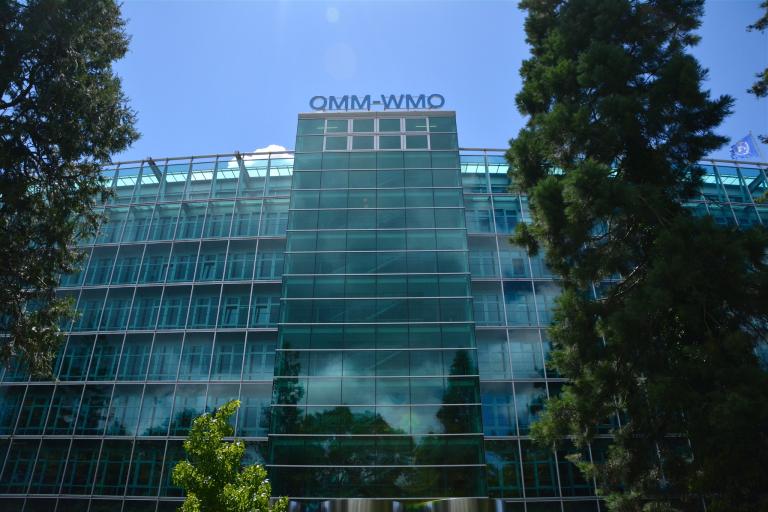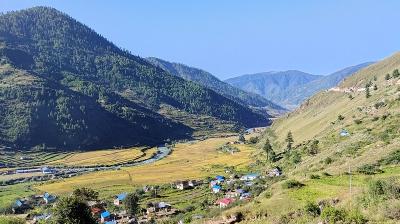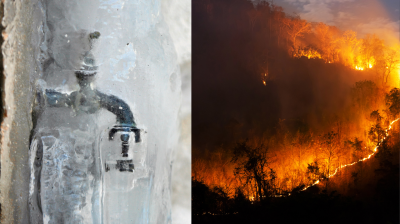WMO Executive Council meets

Progress towards one of WMO’s top strategic priorities – to achieve universal protection by early warning systems for every person on Earth by 2027 – is high on the agenda. Another new initiative – an international greenhouse gas monitoring infrastructure – will also be discussed.
"The demand for our expertise is growing,” WMO Secretary-General Prof. Petteri Taalas told the opening session of the Executive Council.
He cited the annual survey by the World Economic Forum that, over a ten-year time frame, failure to mitigate climate change, failure of climate change adaptation and natural disasters are considered the highest risks for the global economy.
The five-day session began with a minute of silence for the victims of the earthquake in Türkiye and Syria. The Turkish meteorological service is providing meteorological and forecast support for the rescue and relief operation.
The earthquake once again highlighted the vulnerability of society to naturally occurring hazards.

Early Warnings for All
The Executive Council session took place as high-impact events, including cyclone-related flooding in southeastern Africa, winter storms in North America and entrenched drought in the Horn of Africa and large parts of South America underlined the imperative of the UN’s Early Warnings for All initiative spearheaded by WMO and other partners.
Accurate forecasts and early warnings and early action were key in limiting the casualties in Madagascar and Mozambique from Tropical Cyclone Freddy.
“Early Warning Systems are a proven, effective, and feasible climate adaptation measure, that save lives and provide a tenfold return on investment,” said WMO Secretary-General Prof. Petteri Taalas.
“And yet, half our members need improvements in their multi-hazard early warning systems,” said Prof. Taalas.
Coverage is especially low in Small Island Developing States, Least Developed Countries, and Africa, where there are big gaps in the basic observing system.
The UN Early Warnings for All initiative, launched during the World Leaders Summit at the UN 2022 Climate Change Conference, calls for initial new targeted investments of $ 3.1 billion. National Meteorological and Hydrological Services are key to its technical implementation.
“We have received very strong support for this initiative from developed and developing countries alike. This is a great opportunity and great challenge for our community,” said Prof. Taalas.
Greenhouse Gas Monitoring Infrastructure
Executive Council will discuss the strengthening of Earth system observations and predictions to inform decisions in a rapidly changing climate.
This includes further development of a sustained and coordinated Global Greenhouse Gas Monitoring Infrastructure. The aim is to establish an internationally coordinated approach to network design, operation and use of observations. It would expand and consolidate WMO’s long-standing activities in greenhouse gas monitoring under the auspices of the Global Atmosphere Watch and the Integrated Global Greenhouse Gas Information System.
This would fill a major void because there is currently no comprehensive, timely international exchange of surface and space-based greenhouse gas observations.
EC last year gave the green light to the concept development and this session will discuss how to advance this further ahead of full approval by the decision-making World Meteorological Congress in May 2023.
Executive Council will also discuss the strengthening of WMO hydrological activities, especially in view of the forthcoming UN Water Conference, at which WMO will play a major role. It will also consider a series of proposals to strengthen the delivery and use of services, especially at the regional level, as well as research.









